
A Once-Shuttered California mine is trying to transform the rare earth industry
A US-based rare earth supply chain could boost clean energy and electric vehicles — and military weapons.
Recommendation
Rare earths are critical to making the magnets in many electronics, including cell phones and electric vehicles. China dominates the world’s supply, but the Western Hemisphere now has a contender: its only rare earth mine, closed for years, has reopened under new leadership. Maddie Stone reports in Fast Company that MP Minerals, the new owner of California’s Mountain Pass mine, plans to process rare earth metals with more environmentally sound methods than China uses. Anyone interested in economics, trade, politics, national security, or the US automotive, defense or high-tech supply chain has a stake in rare earths.
Summary
About the Author
Journalist Maddie Stone holds a doctorate in environmental science. She is the former science editor of Gizmodo and founding editor of its climate offshoot, Earther. This story is from Grist, and her work has also appeared in National Geographic, The Atlantic and other publications. She runs The Science of Fiction newsletter and hosts Slate’s Future Tense Fiction podcast.


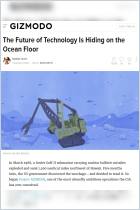

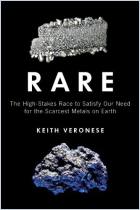
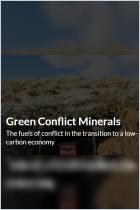
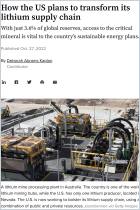
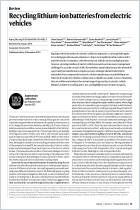





Comment on this summary